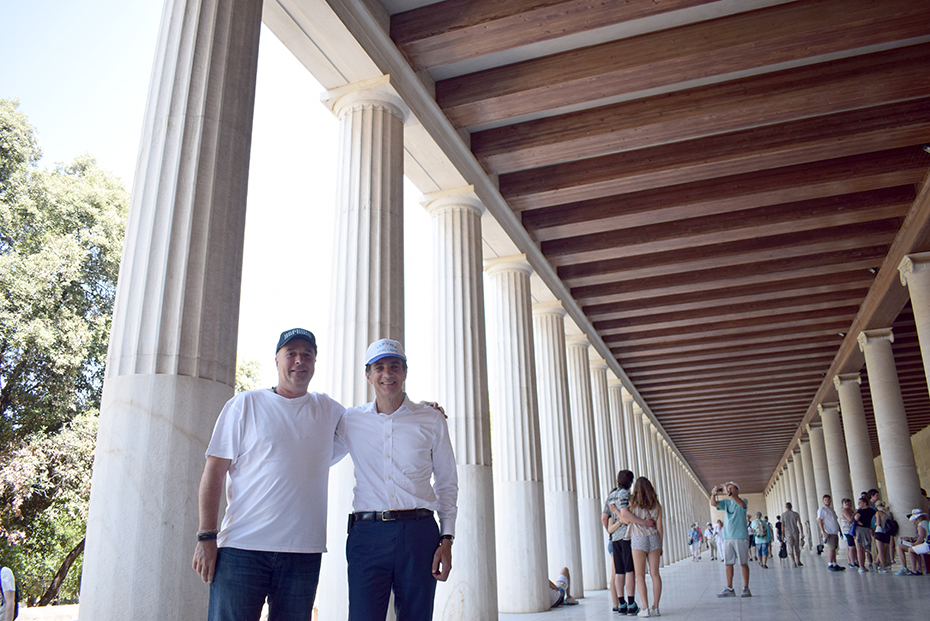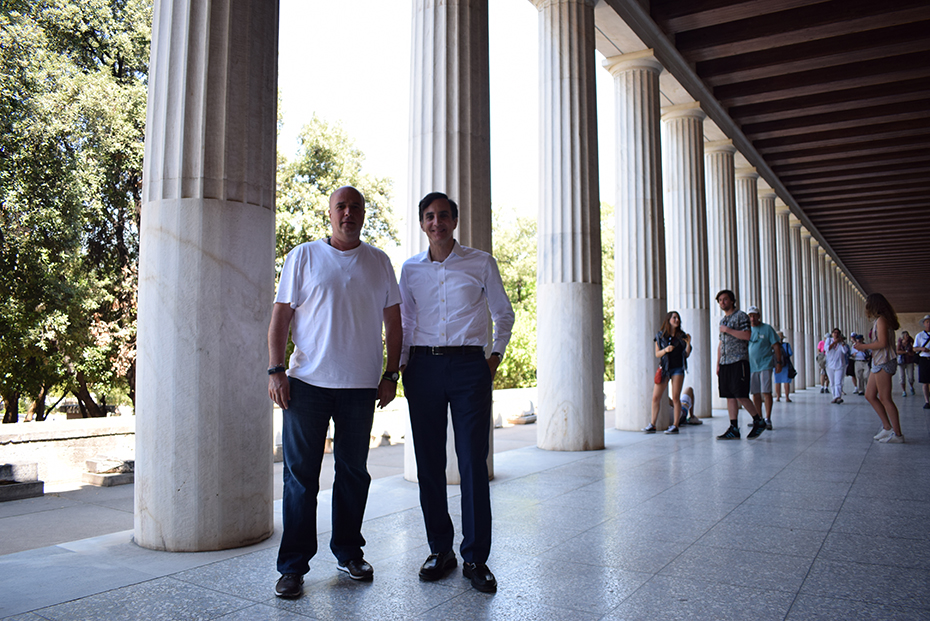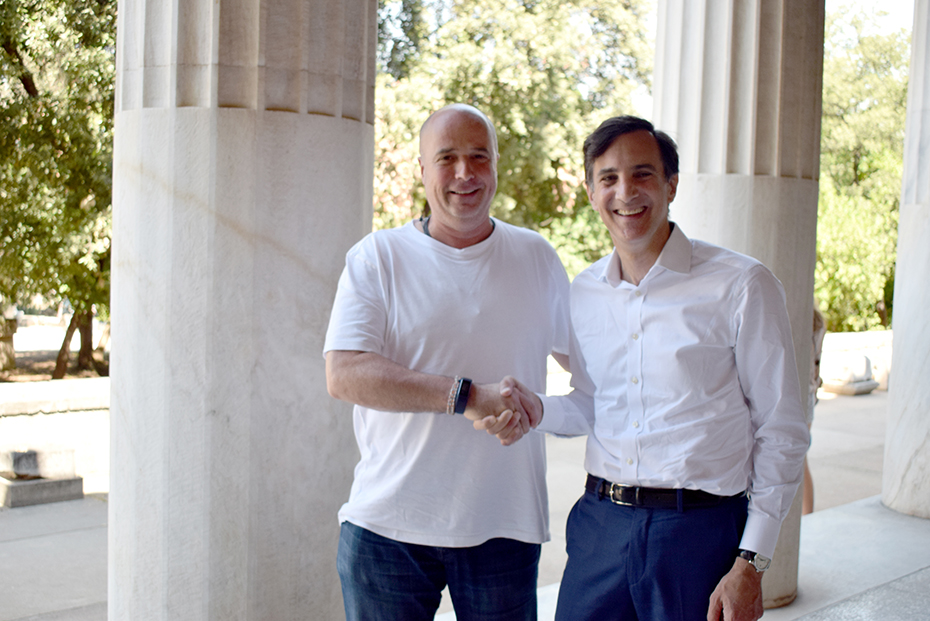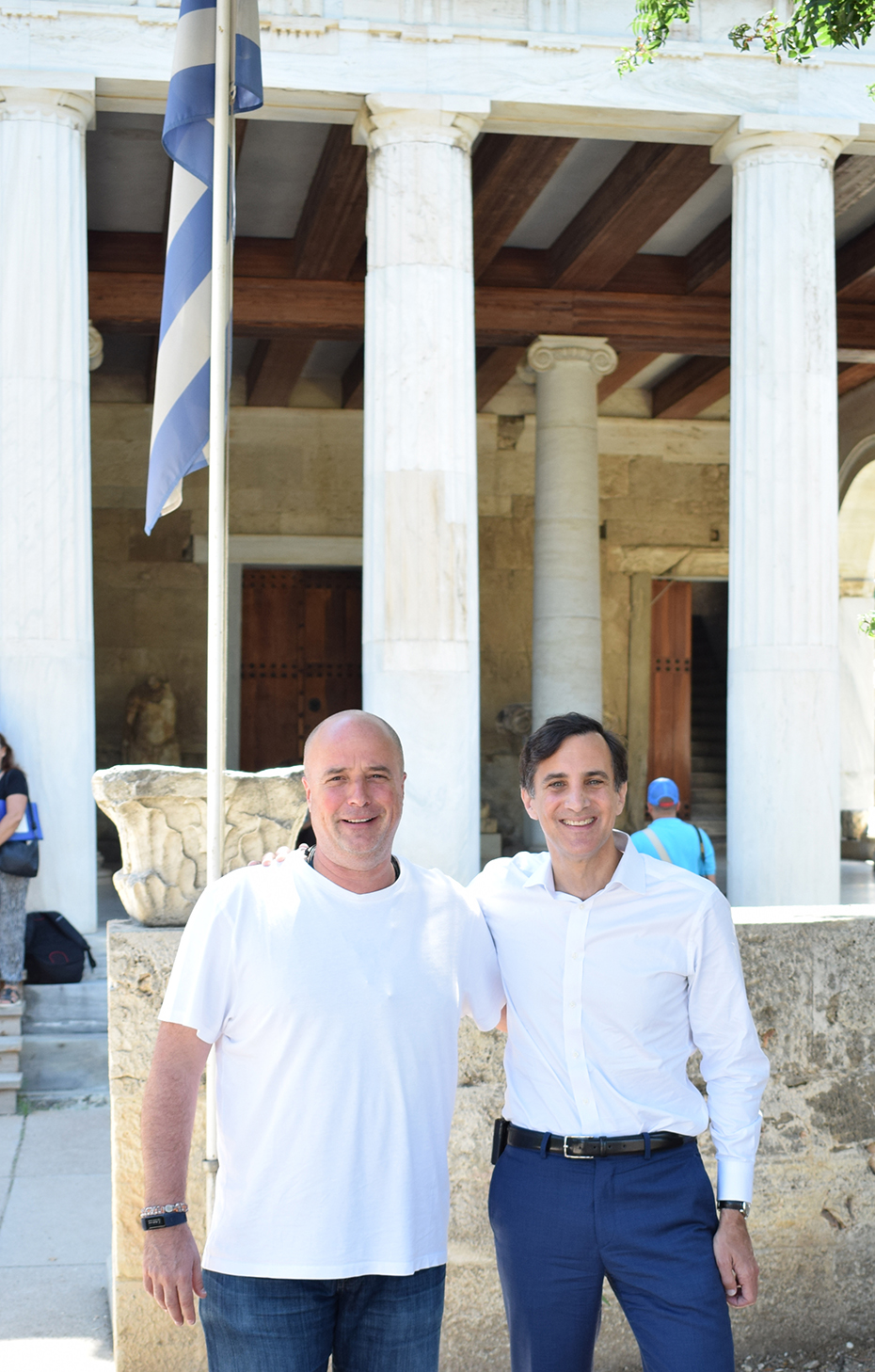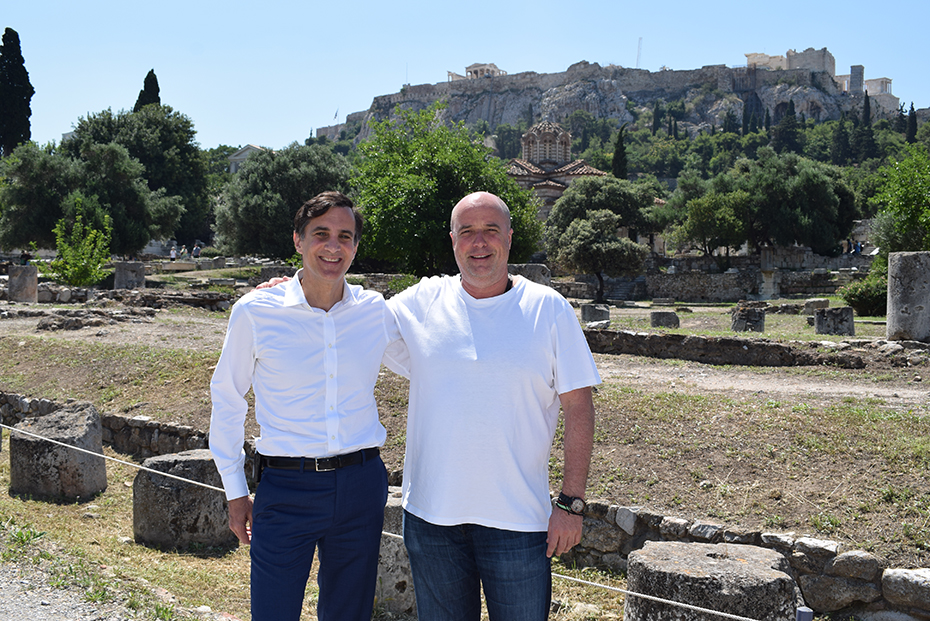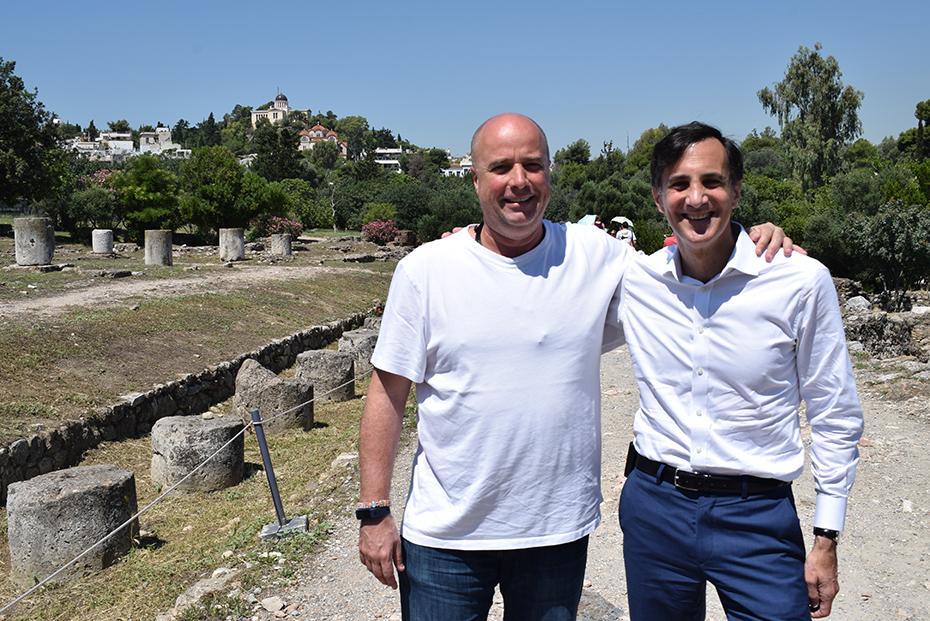Johns Hopkins Launches Interdisciplinary Effort to Reexamine and Improve Civic Engagement in the 21st Century

The gift establishes the Stavros Niarchos Foundation (SNF) Agora Institute at Johns Hopkins University, as an academic and public forum bringing together experts from fields such as political science, psychology, neuroscience, philosophy, ethics, sociology, and history. Together, they will examine the dynamics of societal, cultural and political polarization and develop ways to improve decision-making and civic discourse. They also will design and test mechanisms for strengthening democracy through dialogue and social engagement, and convene subject matter experts from a range of perspectives to explore new approaches to divisive issues.
“In the U.S. and around the world, the rise in division, distrust and alienation presents a daunting and urgent challenge,” said Ronald J. Daniels, president of the university. “Today, cutting-edge research across a range of disciplines – coupled with a commitment to strengthen civic dialogue – can give us new insight into these trends and new opportunities for productive policymaking and problem-solving. The Agora Institute represents an extraordinary commitment to these aims, through a unique combination of scholarship, laboratory and place-making. We are thrilled to lead the effort and look forward to partnering with scholars and institutions from across the globe.”
The SNF Agora Institute at Johns Hopkins draws its inspiration from the agora of ancient Athens. That central space in the life of the city was originally a marketplace and grew to become a hub of conversation and debate. It was the heart of the Athenian city-state’s democratic governance, and an early manifestation of the public engagement so critical to modern democracies.
“The Stavros Niarchos Foundation is committed to exploring issues that improve the functioning of civil societies today, and the connection to the Greek agora makes this particularly profound for us, since the agora was the heart of civic life, a common space for people to coexist as citizens rather than individuals” said Andreas Dracopoulos, co-president of the foundation. “We are very excited to partner with Johns Hopkins and strongly believe in the importance of civil discourse, informed leadership, and the role of educational institutions in restoring a more fair and productive democracy.”
The institute will recruit a director and core faculty of 10, and be joined each year by an additional 10 distinguished visiting scholars. The institute will engage graduate and undergraduate students in its work and sponsor annual public events in Baltimore and Athens. Among its programs will be an annual series examining a contested policy issue, such as climate change or trade-related job displacement.
The institute will conduct interdisciplinary research into contemporary vulnerabilities in modern democratic discourse – how citizens are informed, debate, and engage with each other and with government. It will then partner with public and private stakeholders and technical experts to investigate real-world strategies to ease division and strengthen dialogue.
“Following the model of the ancient agora, we are bringing together people from different traditions, experiences and points of view to listen and learn from each other, and come to joint understandings that none could reach alone,” said Beverly Wendland, dean of the Krieger School of Arts and Sciences, where the institute will reside.
A new institute building at the Johns Hopkins Homewood campus will reflect the open character of its namesake, encouraging broad participation and the free exchange of ideas. The design is expected to include multi-use space, open venues, and state-of-the-art seminar and conference rooms.
